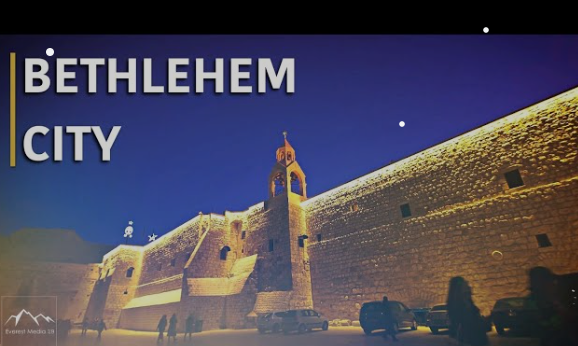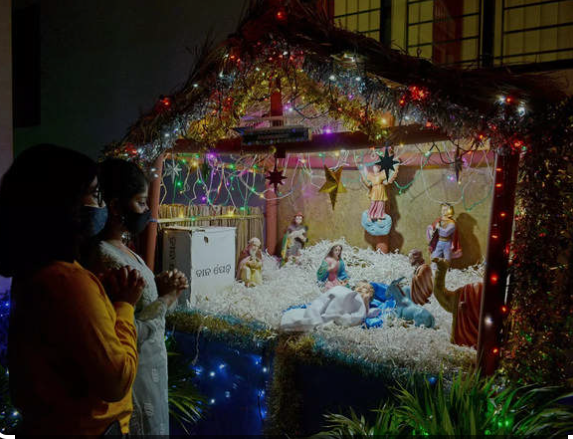“In Bethlehem, bustling with life at Christmas, but this year, conflict has driven away tourists and pilgrims from the Palestinian town in the Israeli-occupied West Bank. Hotels, restaurants, and souvenir shops stand empty. With headlines focused on the recent events, including Hamas attacks in southern Israel, Israel’s military action in Gaza, and increased violence in the West Bank since October 7, business owners in Bethlehem lament the absence of visitors.
Joey Canavati, owner of the Alexander Hotel with a family legacy spanning four generations in Bethlehem, expressed the grim reality: ‘We have no guests. Not one.'”

Canavati shared that before October 7, his hotel had been fully booked for Christmas, to the extent that he was actively seeking additional rooms in town to accommodate those he couldn’t fit in. However, since the onset of the conflict, all reservations, including those for the following year, were canceled. Canavati expressed the ongoing challenges: “All we get on email is cancellation after cancellation after cancellation.”
During a tour of the hotel with Reuters TV, Canavati showcased empty rooms and a silent dining area. He recounted the stark contrast, saying, “We had at least 120 people having dinner here every night, and it was packed. The noise, the people. Empty. No Christmas breakfast, no Christmas dinner, no Christmas buffet.”

With the surge in attacks since the 1967 war between Israel and neighboring Arab countries, the West Bank, which Palestinians envision as the heart of a future independent state, has been under Israeli occupation. The rise in attacks by Jewish settlers on Palestinians in the West Bank, already at a 15-year high this year before the Hamas attack, has added to the tensions.
Bethlehem’s Manger Square, typically a vibrant space for Christmas celebrations in front of the Church of the Nativity, was eerily quiet and nearly empty. Nearby streets, usually lined with souvenir shops, were also deserted.

Rony Tabash, the vendor of crucifixes, Virgin Mary statuettes, and other religious artifacts in his family’s shop, busied himself with arranging shelves and merchandise to pass the time.
“It’s been almost two months without any pilgrims, any tourists,” he shared, emphasizing that he kept the store open to combat the encroaching sense of hopelessness.
“We want to hold on to the belief that everything will return to normal, to the way life used to be,” he expressed.

Ala’a Salameh, the proprietor of the falafel restaurant Afteem, disclosed that his business was presently running at only 10% or 15% of its usual capacity, serving local Palestinian families instead of the usual influx of foreign visitors.
He explained his decision to keep the restaurant open, saying, “I have employees, so where else can I find the means to provide for them, to help them feed their families and kids?”

“We earnestly seek peace. True peace. Bethlehem, known as the city where peace was born, should stand as the harbinger, spreading the message of peace throughout the world.”
